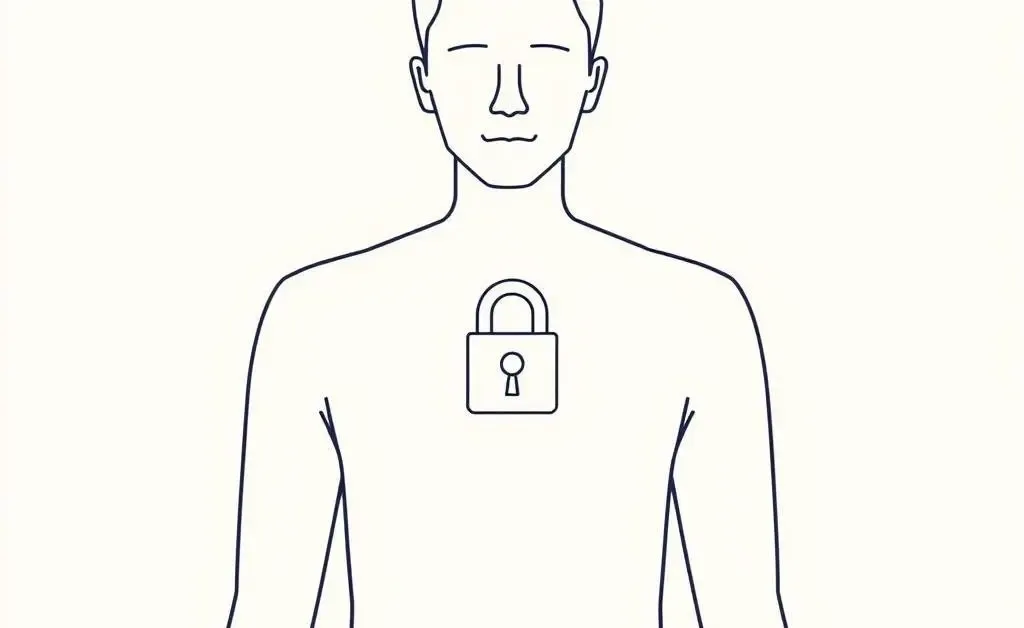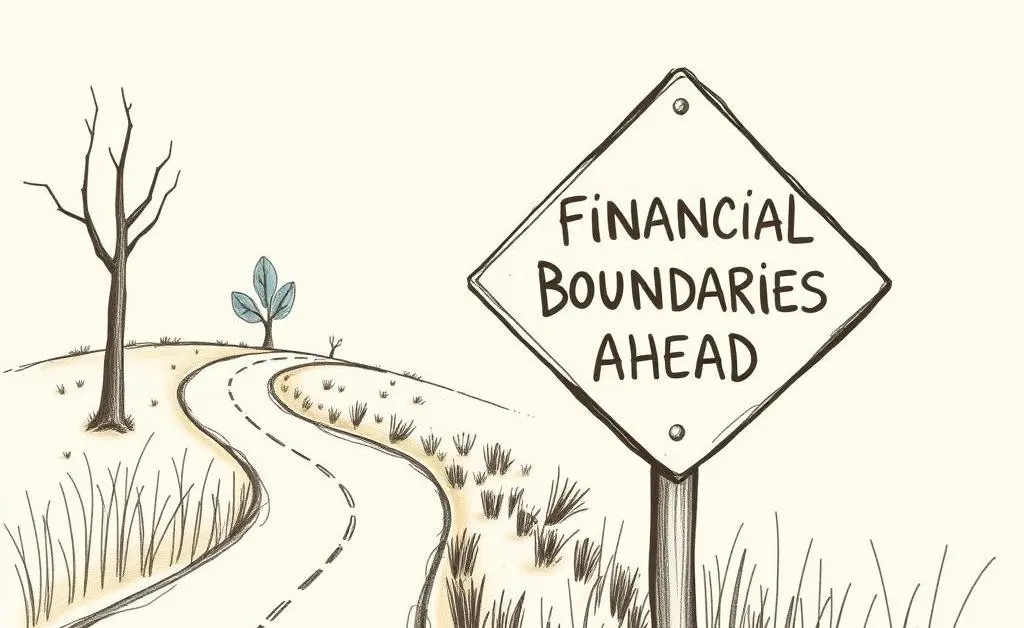How to Handle Unsolicited Financial Advice with Grace
Learn how to mindfully manage unsolicited financial advice and protect your personal information.

Have you ever received financial advice you didn't ask for? It seems everywhere we turn, someone has an opinion on how we should manage our money. While some tips can be helpful, others might feel a bit intrusive, especially when they come from unsolicited sources. Let's explore how to navigate these awkward situations with grace and protect your financial health.
The Art of Polite Refusal
Imagine this: you're sitting in a coffee shop enjoying a book on personal finance when someone at the next table strikes up a conversation, offering advice about your investments. Awkward, right? In these situations, it's best to smile and thank them politely for their input, regardless of its relevance. Consider these phrases:
- "I appreciate your concern, but I have my plans under control."
- "Thank you, but I'm comfortable with my current approach."
- "That's interesting. I'll keep it in mind."
These responses keep the conversation friendly without inviting further information-sharing.

Protecting Your Financial Privacy
In today's digital age, private financial information can become unintentionally exposed. Be wary of sharing too much about your personal finances, especially with strangers. Think of your financial information like a picture frame displaying a physical boundary—what's inside is for you, and you alone.
Setting Financial Boundaries
Establishing clear boundaries is crucial. If you're bombarded by unsolicited financial advice through unsolicited messages or emails, it's okay to set limits. A simple way to protect your information is by:
- Ignoring suspicious messages.
- Never clicking on unknown links.
- Regularly updating your privacy settings.
- Investing in reliable security software.

Why Unsolicited Advice Happens
It's easy to feel annoyed by random advice offers, but understanding why it happens can help you respond effectively. Often, people give advice because they genuinely want to help, or they're projecting their experiences and values onto others. Knowing this can diffuse any frustration you might feel and allow you to maintain positive interactions.

Conclusion: Finding Balance
In the end, managing unsolicited financial advice is about balance—acknowledging others' intentions while firmly asserting your boundaries. How do you handle unsolicited advice? Do you have strategies that have worked well for you?




